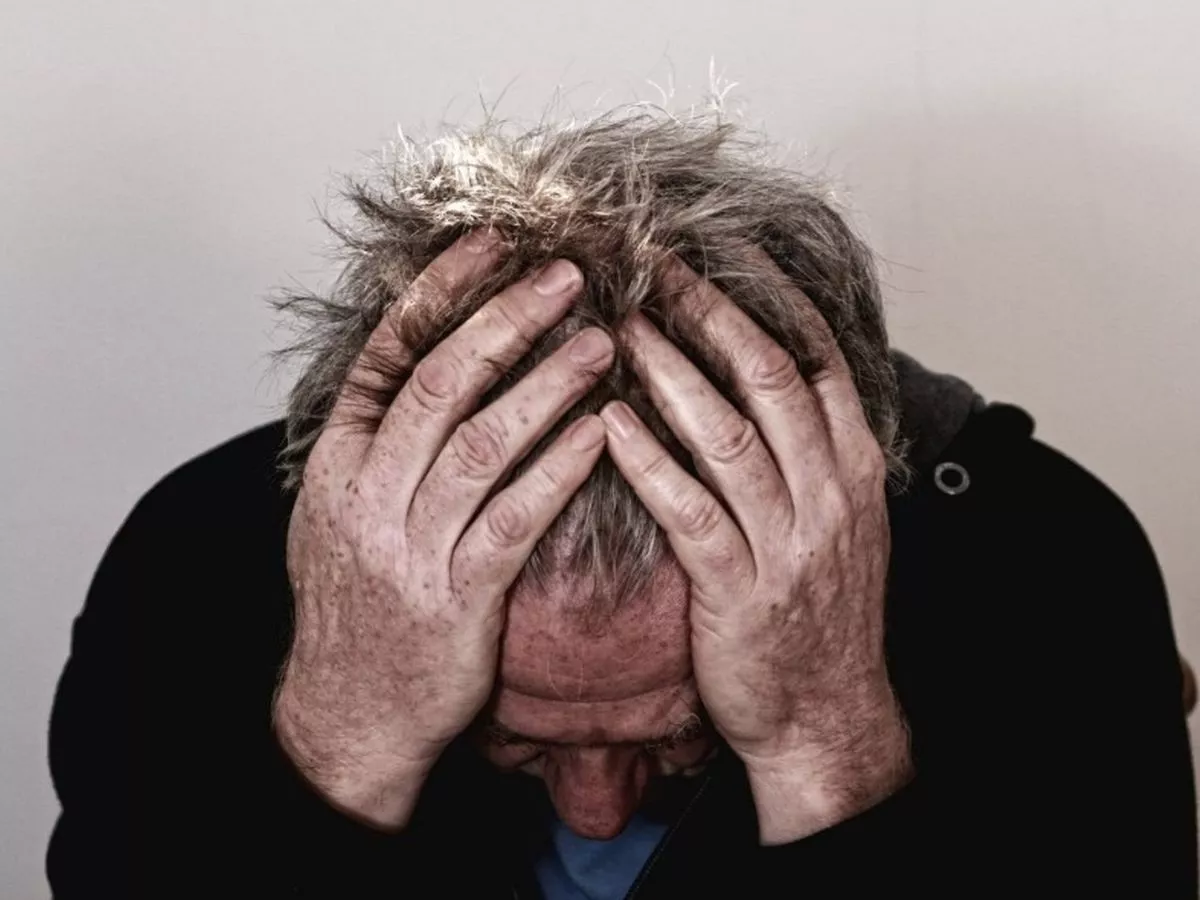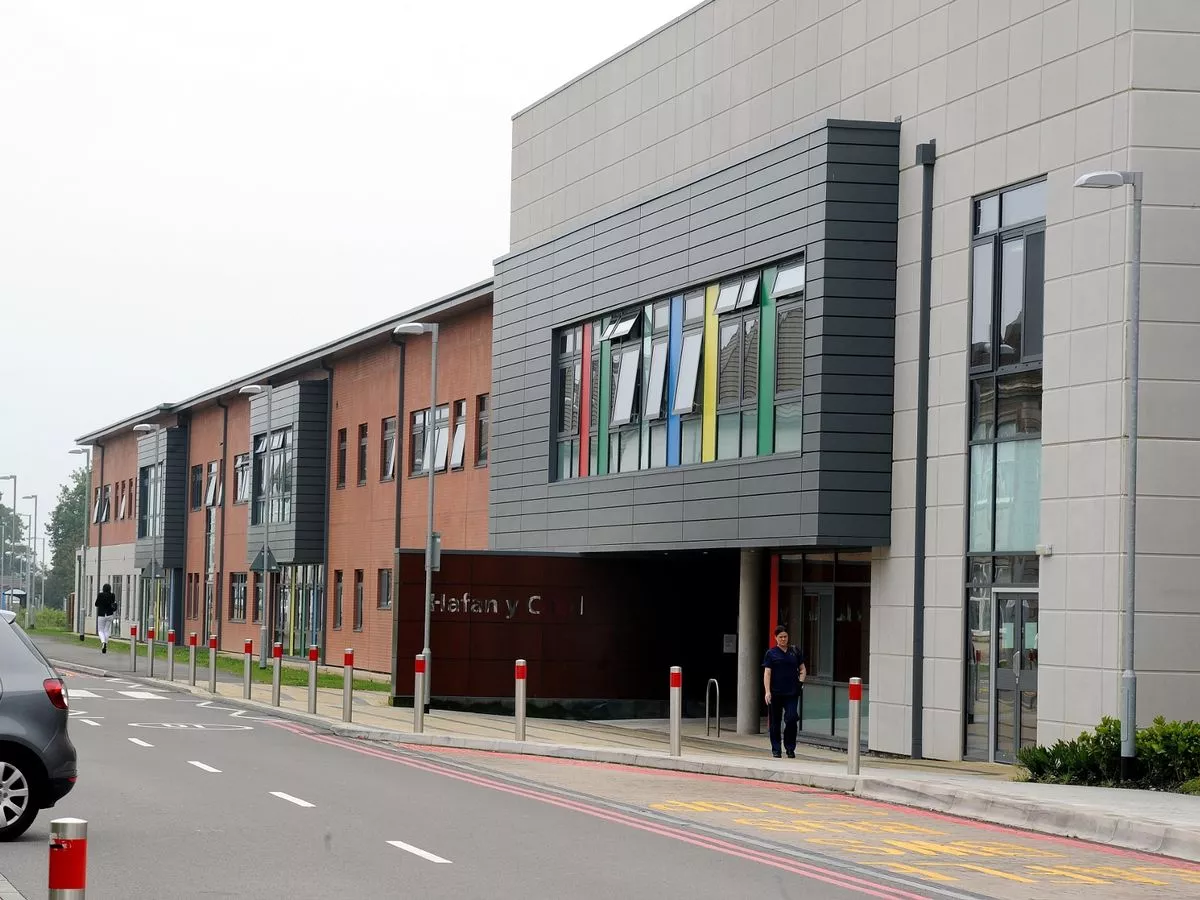By Mark McGivern
Copyright dailyrecord

The Scottish Government has been accused creating a “policy blind spot” that is making driving drug and alcohol deaths and suicides of young men from poor backgrounds to the top of European charts . A scathing new report suggests the SNP government has kicked the can down the road on housing and NHS funding, leading to a timebomb of problems for men aged between 18 and 44 from deprived areas. The shameful reality of such short-sightedness, it is claimed, is that Scotland has the lowest life expectancy rate in Europe and men from poor backgrounds live a shocking 13 years less than those from the least deprived areas. The Inequality Landscape Report by the Scottish Health Equity Research Unit (SHERU) claims Scotland should be putting in place resources and programmes that will stop the inevitability of men suffering suicide , alcohol and overdose deaths – “deaths of despair”. Economist Emma Congreve, a co-author of the SHERU report, said Scotland should take lessons from other nations – like Ireland and Iceland – who put in place policies that would last the test of time and be continued by successive governments. She said: “This subset is not seen as a vulnerable group as, across all communities, men in that age subset generally perform well in getting jobs and stability in their lives. But the statistics tell us that in 2023, around 70 per cent of drug, alcohol and suicide deaths were men, with a hugely disproportionate of them coming from Scotland’s most deprived communities,. “This means we have a stark 13-year life expectancy gap for men between the richest and poorest areas. “We also know that poverty has risen in 18–44-year-olds and the past 40 years has seen a subset of men facing exclusion from housing, employment, social security, and community life. “We have found very compelling evidence of a policy blind spot, as the men in this group are not identified and given help to avoid the situations that bring such a high risk of a premature death.” Congreve and fellow authors claim the state only enters the field once men are in crisis – in court, addiction homelessness or hospital. By this time it can be too late to turn their lives around. Congreve, deputy director at the prestigious Fraser of Allander Institute at the University of Strathclyde, said: “The issues we’re looking at are all closely interconnected and have their roots in poverty. “And the more we looked at how the government supports people and thinks about strategy for helping reduce these statistics, the more we saw a focus on crisis intervention. “People have to be in crisis before the help is there but what we wanted to look at is how you prevent people getting into that situation in the first place.” She stressed the importance of services being there at key transition points in people’s lives. “We wanted to understand people’s quality of life and living standards when they become young adults and start to become financially independent and start to think about starting a career, having a family. “If you get the pieces of the jigsaw right then, then people will be much more resilient and have a better quality of life, which should prevent these crises occurring later on. “That made us look at the system for support for people getting into good careers and good jobs. It’s made us look at how the housing system prioritizes need, and we found that single adult men tend to be at the bottom of the list – the bottom priority. “So we see so many homelessness applications skewed towards single adult men.” Scotland has failed to maintain continuity to bring long term benefits – despite the same SNP government being in place for 18 years. Congreve also said that the Social Security system in the UK is not geared to look at the needs of such a subset. She said: “We have a system that gives less money to younger adults through housing benefits and through support or Universal Credit. So we found countless examples of de-prioritization of younger adult men. “And we’re trying to connect the dots if you want to prevent health crises, criminal justice crises, homelessness crises, and you need to look at the fundamental causes of that. “So that’s what this report tries to do. And we are saying that we think the government is missing something here – a policy blind spot. “We just don’t find that younger adult men feature as a group of the population that the government cares about.” Congreve also said that interviews with young men revealed that they don’t feel anyone cares about their lives – which can be a strong precursor for addiction and depression. The SHERU report calls for an improved understanding of at-risk individuals, particularly during the transition to adulthood, with the person, not the service, at the centre of data. They call for an urgent commitment for the Scottish Government and other political parties to commit to supporting long term, joined-up programmes to support people well before they are in crisis. And the believe this must be underpinned by a funding pledge that will be ring-fenced for many years to come. The SHERU study points to examples in Ireland and Iceland, where policies have been designed to survive government changes and track those at risk. The report states: “International examples from Ireland and Iceland illustrate how other countries have built infrastructure that supports long-term, cross-governmental action on the socio-economic determinants of health. “Scotland has the policy ambition and analytical insight to do the same, but this must now be matched by sustained investment, better data and a change in culture and governance structures to enable collaborative policymaking across silos. “As we look ahead, the challenge is not just to monitor inequality but to reduce it. That means understanding who is most at risk, intervening earlier, and ensuring that policies are designed with the lived realities of those most affected in mind. Only then can we begin to reverse the trends that have left Scotland with some of the worst health inequalities in Western Europe.” Earlier this month it was revealed that Scotland remains the drugs death capital of Europe, for the seventh year in a row, 1,017 overdose deaths in 2024, external, down 155 from the previous year. Earlier this week National Records of Scotland revealed there were with 704 recorded suicides in 2024. This was 86 fewer than the previous year, with men three times more likely to die this way. SHERU, funded by the Health Foundation, was set up last year to to provide insight, analysis, and scrutiny on the socio-economic factors driving health inequalities in Scotland. Its aim to to drive policy to better results.



